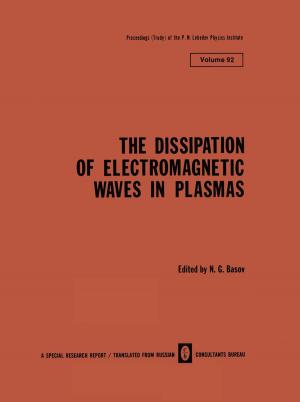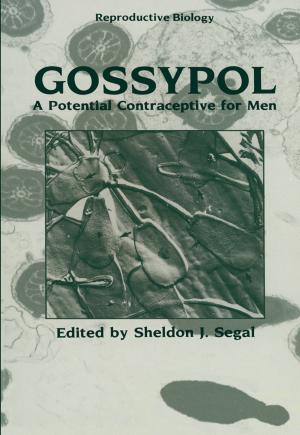Alterations in the Neuronal Cytoskeleton in Alzheimer Disease
Nonfiction, Science & Nature, Science, Biological Sciences| Author: | George Perry | ISBN: | 9781461316572 |
| Publisher: | Springer US | Publication: | December 6, 2012 |
| Imprint: | Springer | Language: | English |
| Author: | George Perry |
| ISBN: | 9781461316572 |
| Publisher: | Springer US |
| Publication: | December 6, 2012 |
| Imprint: | Springer |
| Language: | English |
The neuronal cytoskeleton is a complex structure responsive to both intrinsic and extrinsic factors. Defined populations of neurons in the brains of patients with Alzheimer and several other neurodegenerative diseases contain abnormal filamentous accumulations which share elements with the cytoskeleton. Although there is a general consensus that these abnormal filaments do contain cytoskeletal elements, much debate remains regarding which cytoskeletal elements are incorporated and whether the cytoskeletal rearrangement is primary or secondary to other cellular changes. In this book these questions are addressed in a historical perspect ive in light of new data that allows the reinterpretation of previously reported results. Contributions are based on many of the major tech niques of modern biology including biochemistry, molecular biology, electron microscopy and immunocytochemistry. In the view of the editor, this volume is being written at a time when our understanding of the cytopathology of Alzheimer disease is moving from predominantly descriptive to both analytical and mechanistic. I hope that this contribution will provide impetus to speed this transi tion. George Perry Cleveland, Ohio vii ACKNOWLEDGEMENT The support of the Fidia Pharmaceutic Corporation for the computer generated color figure on page 65 is gratefully acknowledged.
The neuronal cytoskeleton is a complex structure responsive to both intrinsic and extrinsic factors. Defined populations of neurons in the brains of patients with Alzheimer and several other neurodegenerative diseases contain abnormal filamentous accumulations which share elements with the cytoskeleton. Although there is a general consensus that these abnormal filaments do contain cytoskeletal elements, much debate remains regarding which cytoskeletal elements are incorporated and whether the cytoskeletal rearrangement is primary or secondary to other cellular changes. In this book these questions are addressed in a historical perspect ive in light of new data that allows the reinterpretation of previously reported results. Contributions are based on many of the major tech niques of modern biology including biochemistry, molecular biology, electron microscopy and immunocytochemistry. In the view of the editor, this volume is being written at a time when our understanding of the cytopathology of Alzheimer disease is moving from predominantly descriptive to both analytical and mechanistic. I hope that this contribution will provide impetus to speed this transi tion. George Perry Cleveland, Ohio vii ACKNOWLEDGEMENT The support of the Fidia Pharmaceutic Corporation for the computer generated color figure on page 65 is gratefully acknowledged.















